Wouldn't we all enjoy having the admiration of a Master Illusionist? Houdini regaled a nation in his era. A cadre of thaumaturgists - ones who seemingly perform miracles - such as Chris Angel, David Blaine, Lance Burton, David Copperfield, Doug Henning, and Penn and Teller routinely astound audiences about America.
Would you like me to reveal their secrets? I can't do that. I'm not going to instruct you on the practice of prestidigitation, nor the lore of legerdemain. But I can teach you how to perform similar feats of magic. Shall I make a white dove take flight from my sleeve? No, I think for my first trick I'll teach you how to relax and enjoy a virtual conversation with just a few clicks of a computer keyboard.
There's a place on the Internet I like to refer to as home. After enduring a rough day at work, knowing that you can check in on friends with similar interests somehow helps to dissipate the stress of the preceding hours. I've written before, describing Realcent. Realcent is a forum, the largest one pertaining to its subject matter.
As an interpersonal platform, comment is invited in response to questions posed. Well-suited to the coin collecting hobbyist, ideal for one who hoards copper, it is a perfect site on which to find consensus or camaraderie. Although dissent may be discovered as well, such viewpoints - differing opinions more than disputatious disagreement - are always framed in collegial terms.
Going to Realcent on the web, is like attending an AAA meeting. To ensure anonymity, an alias, and an avatar are employed. Does having a hidden identity - one's secret persona represented only by a colorful icon - encourage greater forthrightness? I'm not sure, but apparently so. Perhaps the answer is self-evident. To all appearances, members participate freely, responding en masse to topics which interest them.
The reason we revisit Realcent is to discuss a modern marvel of wizardry. It's members have developed an answer to a question that mystified the ancients. One of the most brilliant minds in scientific history, even Sir Isaac Newton was baffled by this quandary. To what do I refer? The quest to find success as an alchemist.
Alchemy is an entire philopsophy, but that's not relevant to the topic I'd like to discuss. Rather, let's focus on one aspect of alchemy. One of the intentions of alchemists was a goal I'm sure we could all identify with. The desire to turn something worthless into something of great value. In their case, the quest to convert base metals into gold.
Online, I ran across several definitions of alchemy. The one I liked best is offered by The American Heritage Science Dictionary. Published by Houghton Mifflin Company in 2005, it is copyrighted material, all rights reserved. This fine resource has this to say:
Alchemy - A medieval philosophy and early form of chemistry whose aims were the transmutation of base metals into gold, the discovery of a cure for all diseases, and the preparation of a potion that gives eternal youth. The imagined substance capable of turning other metals into gold was called the philosophers' stone.
A Closer Look: Because their goals were so unrealistic, and because they had so little success in achieving them, the practitioners of alchemy in the Middle Ages got a reputation as fakers and con artists. But this reputation is not fully deserved. While they never succeeded in turning lead into gold (one of their main goals), they did make discoveries that helped to shape modern chemistry.
Alchemists invented early forms of some of the laboratory equipment used today, including beakers, crucibles, filters, and stirring rods. They also discovered and purified a number of chemical elements, including mercury, sulfur, and arsenic. And the methods they developed to separate mixtures and purify compounds by distillation and extraction are still important. End quote.
So the aim of alchemists was the transmutation of the elements. To change a base metal into a noble one. To convert lead into gold. A mission which stymied the ancients has - in one sense - been accomplished. How can modern-day practitioners of this arcane craft do that? How does one convert a base metal into an element of much greater worth?
From Wikipedia we learn, in part: In chemisty, the term 'base metal' is used informally to refer to a metal that oxidizes or corrodes relatively easily, and reacts variably with dilute hydrochloric acid (HCl) to form hydrogen. Examples include iron, nickel, lead and zinc. Copper is considered a base metal as it oxidizes relatively easily, although it does not react with HCl. It is commonly used in opposition to noble metal.
In alchemy, a base metal was a common and inexpensive metal, as opposed to precious metals, mainly gold and silver. A longtime goal of the alchemists was the transmutation of base metals into precious metals. In numismatics, coins used to derive their value primarily from the precious metal content. Most modern currencies are fiat currency, allowing the coins to be made of base metal. End quote.
Realcent member Kurr has figured out the problem. He has found the pieces - and assembled them correctly - to solve the puzzle. But he doesn't work with lead. Instead, he has chosen another base metal; copper. And his aim - though still a noble element - is to attain silver rather than gold. If you think about it, it's easy to argue that -ultimately - silver is the more valuable of the two.
Steve, his real name, has reckoned a solution to the dilemma, one that others can't make heads or tails of. How does he do it? He barters, and I can heartily recommend him. You see, Steve is a hard money advocate. One that understands that the Federal Reserve Note is essentially worthless. A fiat currency, one that has no real backing other than by government decree. He does not share the misbegotten faith that the dollar still has value.
Steve takes a base metal, and converts it to a noble one. He harvests pre-1982 copper pennies from circulation, by the thousands, and trades them with others - who recognize the merit of this form of investment - for silver coins. Pre-1965 ninety percent silver content coins, to be precise. Semantics? Sure. But to my belief, he is a modern-day alchemist. One of many at Realcent.
You can be too, but you need to act before it is too late. The opportunity to accrue a sizable hoard of these cents will someday be gone. The longer you wait, the more effort to obtain them will be expended. They are beginning to disappear, much like the pre-1965 silver did more than four decades ago.
You don't have to focus on copper cent mining, though I endorse it. But by all means, you must with haste, abandon the dollar. Flee as fast as you can, the Godzilla of hyperinflation is approaching, and it will wreak havoc on your purchasing power. Convert any spare cash you have into silver and gold, and copper. Today.
If you're still undecided, take a moment now to consider these points. Do our current policies promote a strong dollar? Is your purchasing power intact? Or does it seem to you, like every time you fill the tank the gas is a bit more expensive? Every time you buy groceries, the cart is a little emptier, though you spent the same amount? If so, if you feel as I do - that the dollar is doomed - you need to act. Immediately.
Get on the phone and call an online dealer of precious metals and place an order. Visit your nearby coin shop. They likely will not have much stock - but if it's affordable - buy them out.
Then you, like Merlin, can don the wizard's conical hat and command the respect of one able to perform feats of magic. The metamorphosis of worthless fiat into real money; copper, silver and gold.
Buy Silver. Buy Gold. Save Copper. Start Now.
Friday, November 20, 2009
Subscribe to:
Post Comments (Atom)



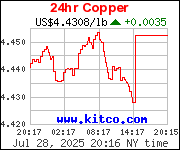


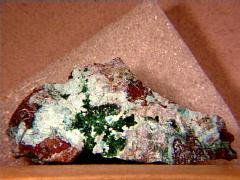

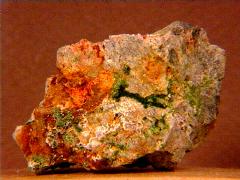
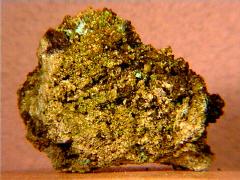
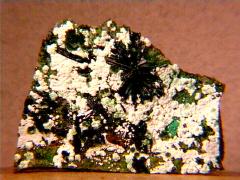
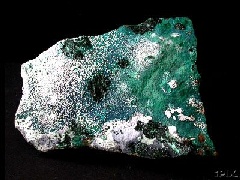


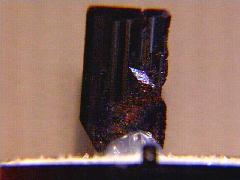
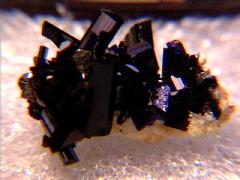
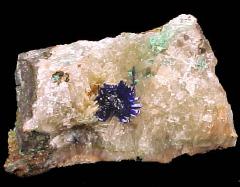


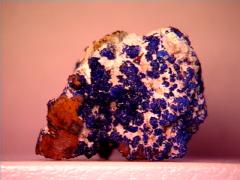






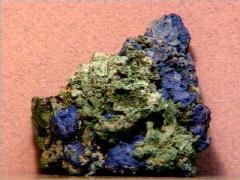

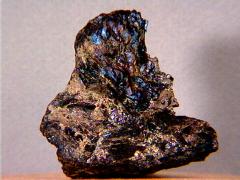




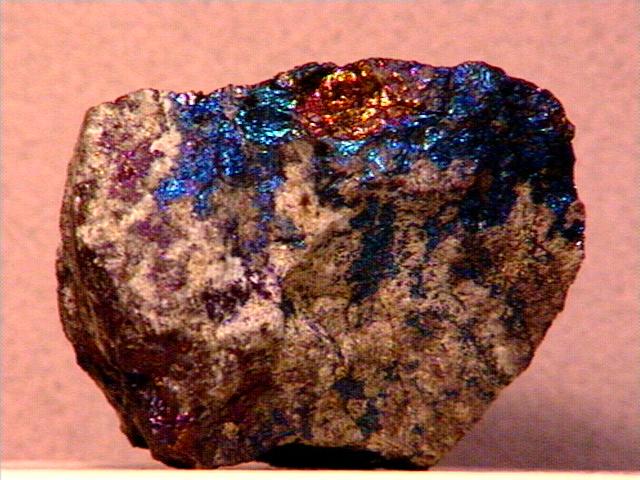


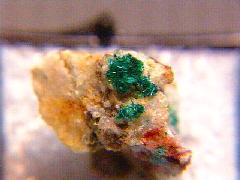
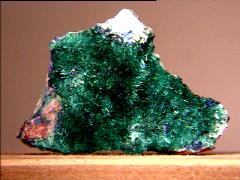






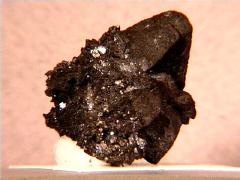
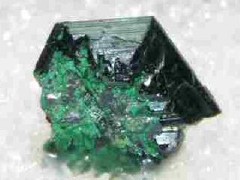
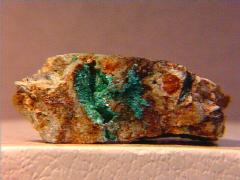

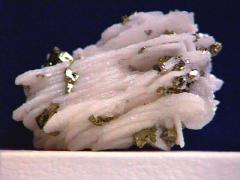
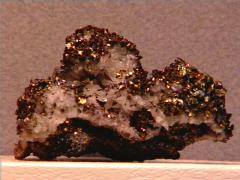

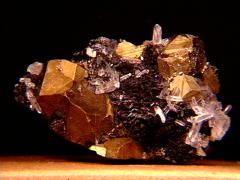
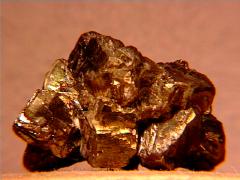




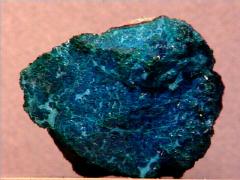
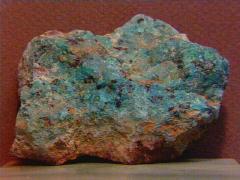


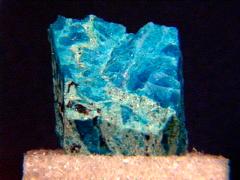
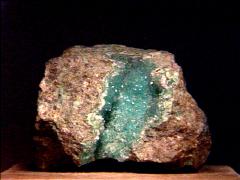
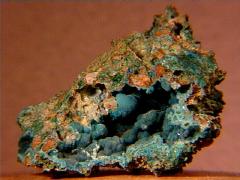
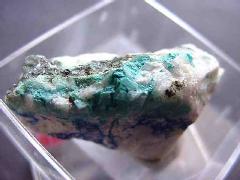
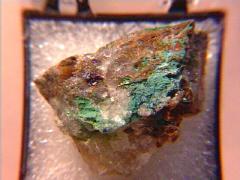
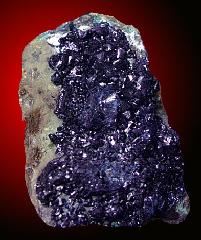
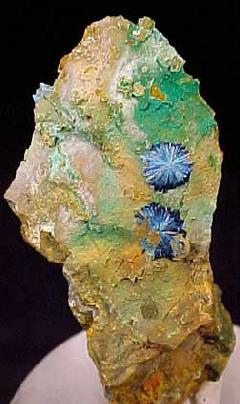
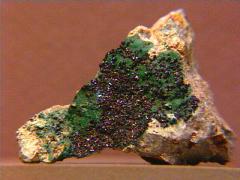

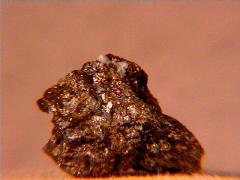
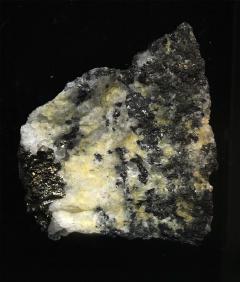



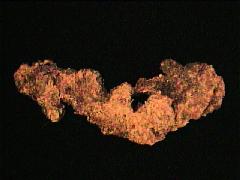


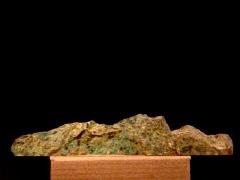



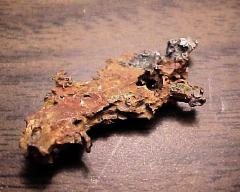
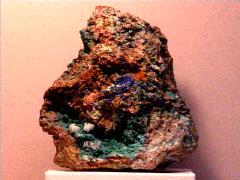


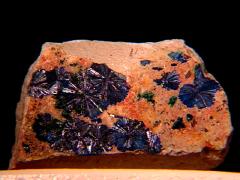
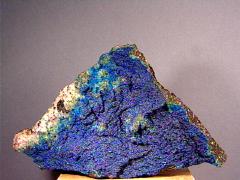

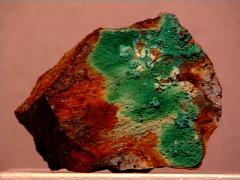


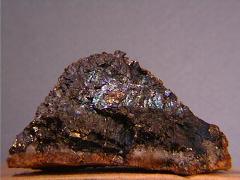
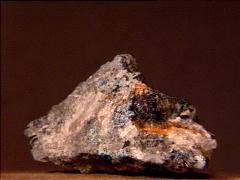


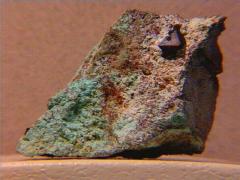


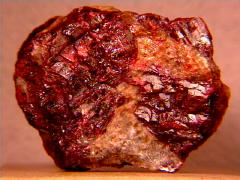
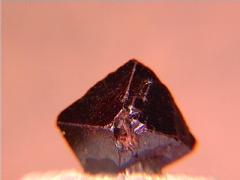

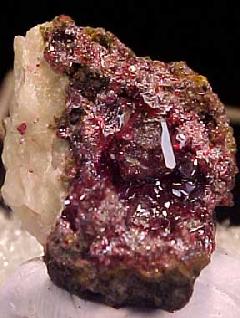


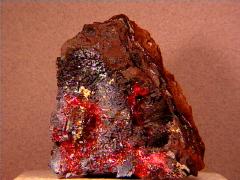


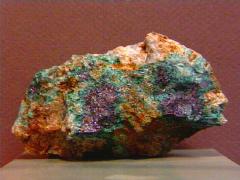

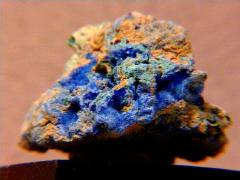

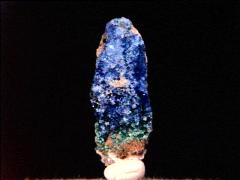




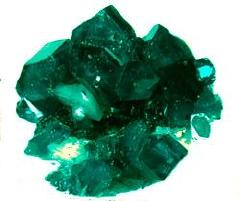



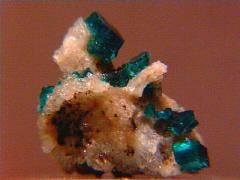








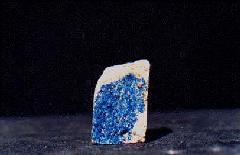


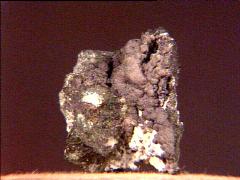
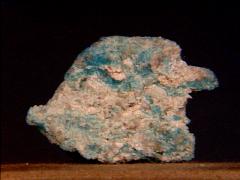
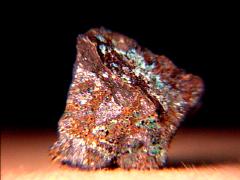





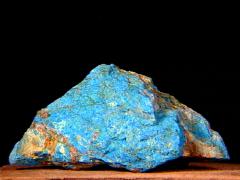

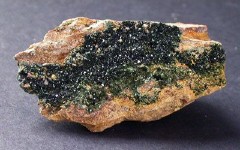


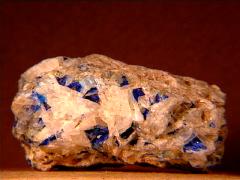
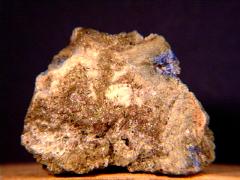


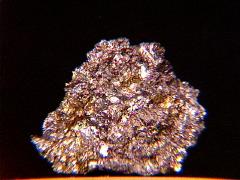
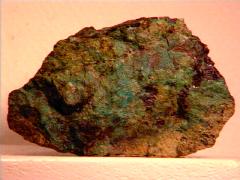
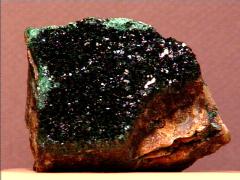
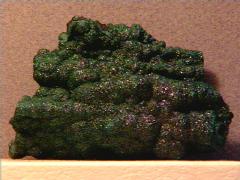




No comments:
Post a Comment